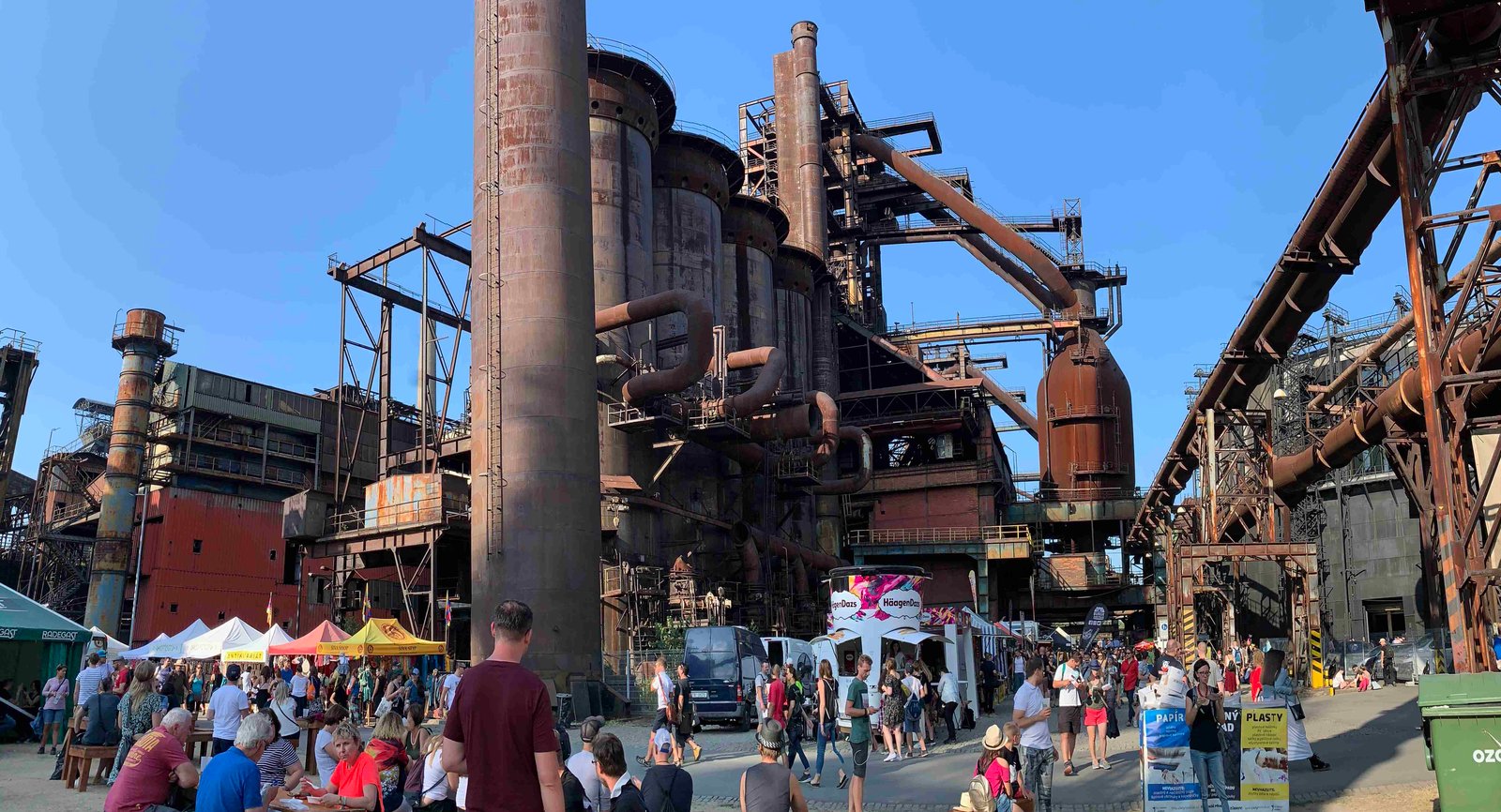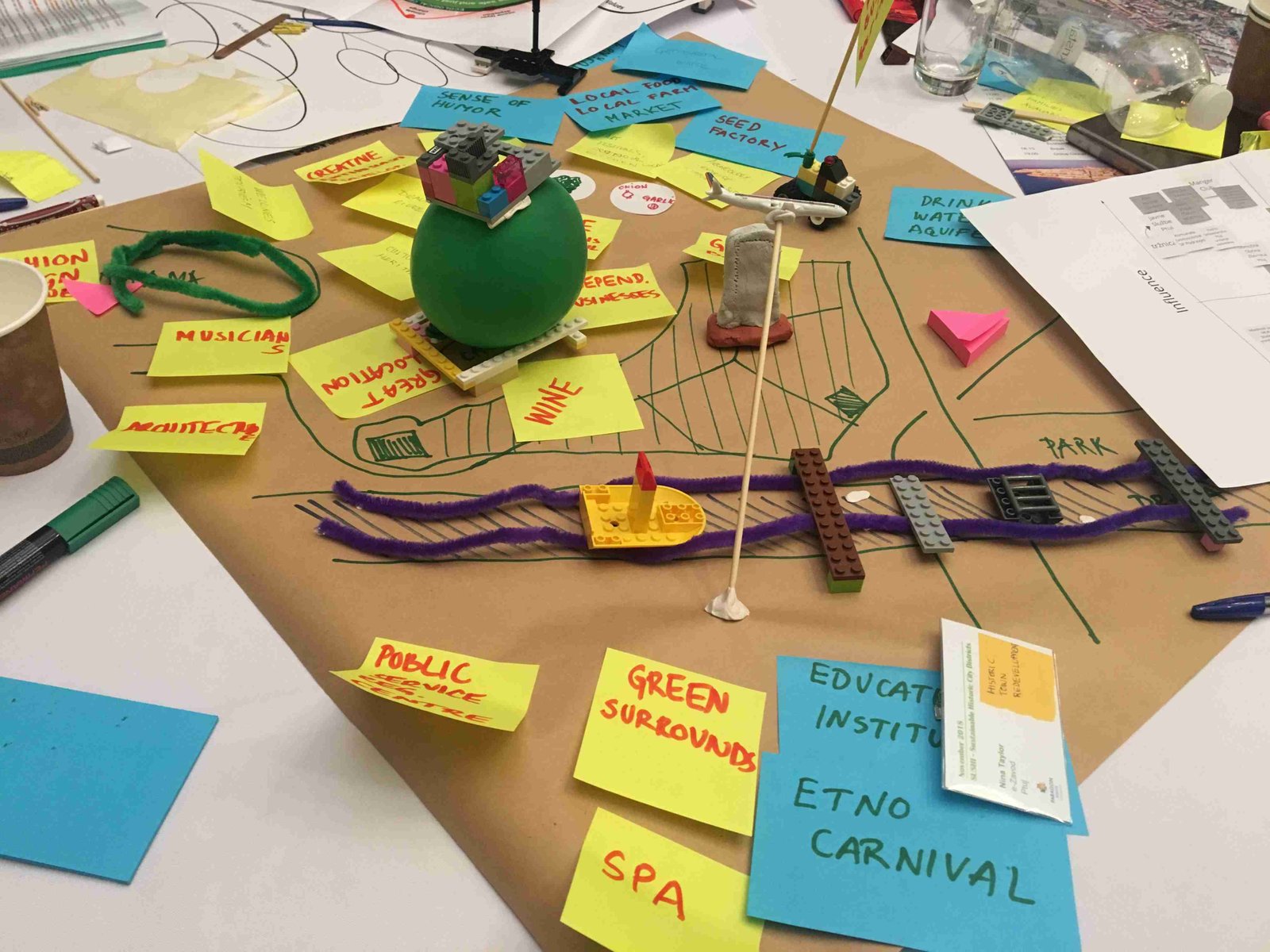Civic
Imagination
Regeneration
If you can't imagine the future you want, then you can't set a course to achieve it.
A general civic imagination crisis is blocking most communities from really envisioning what they want for their future.
For example, in his book From What Is to What If, Rob Hopkins from the Transition Movement pushes us to get much better at telling good stories and thinking in terms of creative ‘what if’ questions for our future. eg. What if our city had the cleanest air in the world? What if everyone had plenty of healthy, local food to eat? What if everyone could afford to live in a warm, healthy home?
But we have become very poor at this. So communities need to rebuild their collective imagination infrastructure – their capacity to imagine a better future. So that they can then design for it together.
This means creating safe spaces for citizens, organisations and communities to come together; explore the assets they have and to play with creating new possibilities and future scenarios. Sustained effort is needed to make and activate these spaces. Good examples include temporary street closures, imagination labs, festivals, co-construction workshops, art workshops, placemaking and tactical urbanism. The goal must be to involve citizens from all parts of the community in these processes, so they feel like they are trusted and can contribute creatively.
Creating visualisations, games and stories to help shape and share future possibilities is a tremendously important part of helping communities to think creatively and playfully about their future (and connect to their history). Artists, storytellers, gamers, architects, performers, digital designers and virtual reality specialists can help us to do this better.
Work to regenerate civic imagination links closely to our Enabler area of collaborative communities, but collective civic imagination should really be seen as a needed pre-cursor to making all change and innovation work possible, hence we give it specific attention.
Placemaking for Civic Imagination is therefore one of the key areas where we work to help communities to bring radical change to life.




